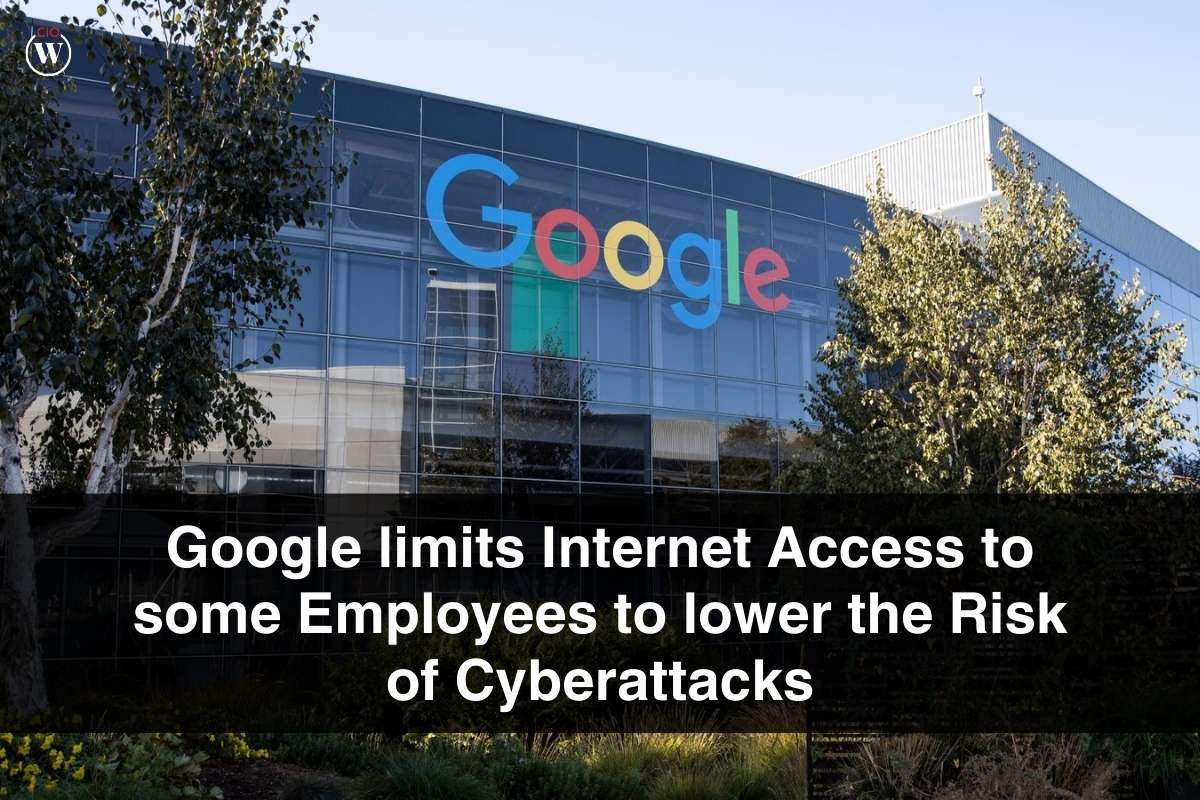Google, one of the largest conglomerates in the world, has recently announed to limit internet access to some of its employees. Cybersecurity is being told as the primary reason behind this.
Security Measures
Why not avoid using the Internet altogether given how harmful it is? That is the rather odd advice company, one of the biggest Internet corporations in the world, is giving to its staff. According to CNBC’s Jennifer Elias, Google is “starting a new pilot programme where some employees will be restricted to Internet-free desktop PCs” while they are at work. As stated in an internal letter obtained by CNBC, “Googlers are frequent targets of attacks” by thieves, and staying offline is a fantastic method to avoid this.
Compared to regular people, employees of large IT companies are significantly richer targets for crooks. Employees of tech companies have a variety of access to sensitive information, and the compromise of one individual could result in the exploitation of sensitive infrastructure. Just last week, a Chinese espionage hacking gang targeted Microsoft. Through some means of cryptographic key theft, the group was able to get over Microsoft’s authentication procedures and gain access to 25 different organisations, including a number of government institutions.
What is the New Pilot Programme?
company’s new pilot programme, according to the article, “will disable Internet access on the selected desktops, with the exception of internal web-based tools and Google-owned websites like Google Drive and Gmail.” This was initially required of the 2,500 employees who were chosen, but company is now allowing staff to opt out of the programme after “receiving feedback”—we’re going to presume that this was very enthusiastic feedback. Additionally, the organisation requests that some employees work without root access, which is standard practise for many computing professions but not always for engineers.
It would be difficult to be blocked from the entire Internet, but Googlers in the high-security programme will still have access to “company-owned websites,” which makes up a sizable portion of the Internet. You couldn’t utilise Google Search, but you could probably still get by online by creating documents, sending emails, making notes, interacting with others, and watching YouTube. Virus attachments might conceivably still be sent by email, but they would need to get past Gmail’s security measures. The majority of phishing assaults, attempts to download malicious code, and attempts to route data to a hostile server might be avoided by blocking non-Google portions of the Internet.









